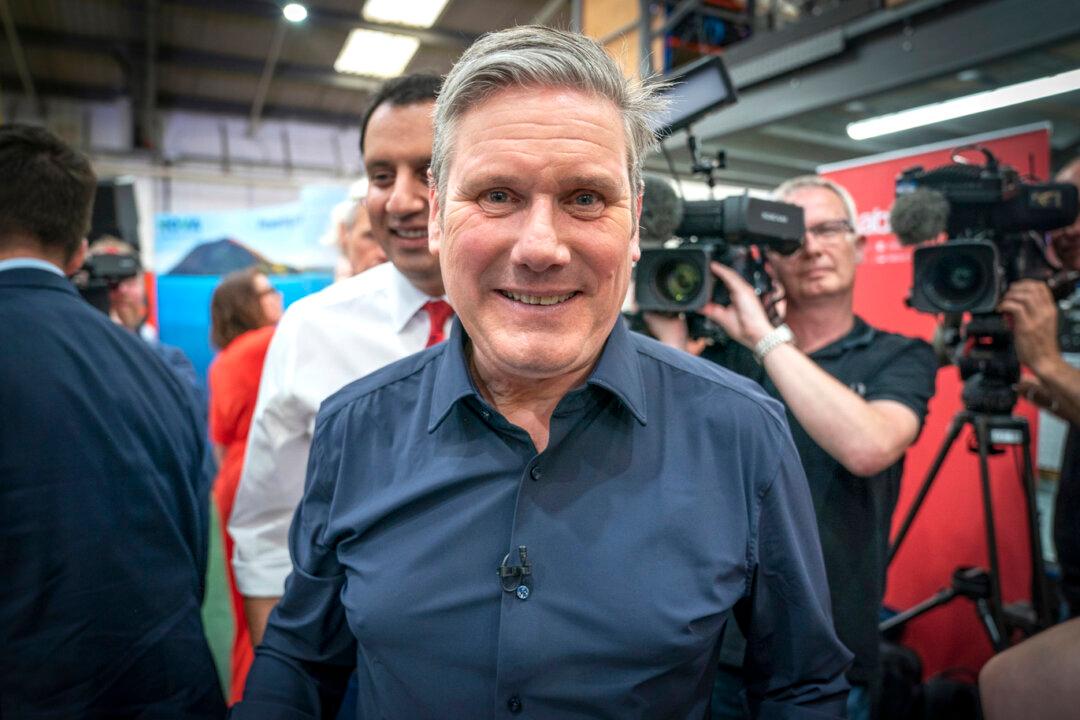Labour leader Sir Kier Starmer has set out detailed plans in which he has promised to “throw everything” at net zero if his party wins the next election.
In a speech in Leith, Scotland, on Monday, Starmer, said his Green Prosperity Plan “will power us forward towards net zero, generate growth right across the country, end the suffocating cost-of-living crisis, and get Putin’s boot off our throat with real energy security.”




